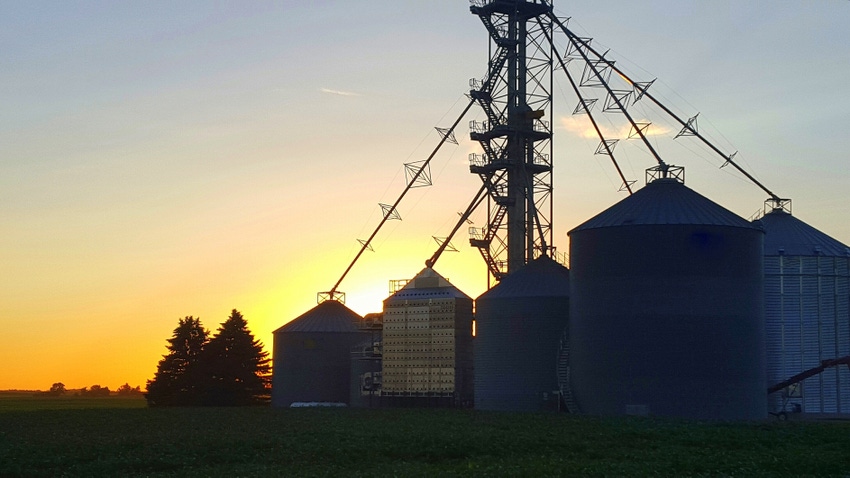October 18, 2017

For the first time in four years, USDA’s Economic Research Service is projecting an increase in Net Farm Income in the United States.
But a new analysis by Farm Policy Facts reveals that the increase is not exactly what it seems.
According to their analysis, the major takeaway from the report should not be the increase projected for 2017, but the downward adjustment to the 2016 number.
The ERS had projected 2016 NFI to be $68.3 billion, but the Aug. 30 update reduced it by 10% to $61.5 billion. These updated figures add up to a 50% drop in three years, and farmers and ranchers continue to deal with extremely hard times, thin to negative margins and dwindling reserves and equity that small, projected increases – or increases on paper – may do little to mitigate.
Our analysis also takes a look at the difference in nominal dollars, which is often used to record NFI, and "real dollars," which allows for a more "apples to apples" comparison.
When looking at NFI adjusted in real 2017 dollars over time, it is clear that while NFI has remained relatively stagnant, the value of production and expenses have trended upward despite real declines in recent years.
In addition, our analysis notes that in NFI reports, national numbers are used, overlooking significant differences from farm to farm and region to region.
On the surface, the new ERS report on NFI may show a hint of promise for the potential recovery of the farm economy. However, a closer look at the data in the report shows that tough times persist.
This notion was reinforced by a recent article written by Pat Westhoff, the director of the Food and Agricultural Policy Research Institute at the University of Missouri.
"By almost any measure, farm income in Missouri and nationally is down sharply from recent peak levels," he wrote in the Columbia Daily Tribune. "Unfortunately, the prospects for a rapid and full recovery are not good."
All the more reason to strengthen, not weaken, America’s farm policies in the upcoming Farm Bill debate.
Source: Farm Policy Facts
You May Also Like




